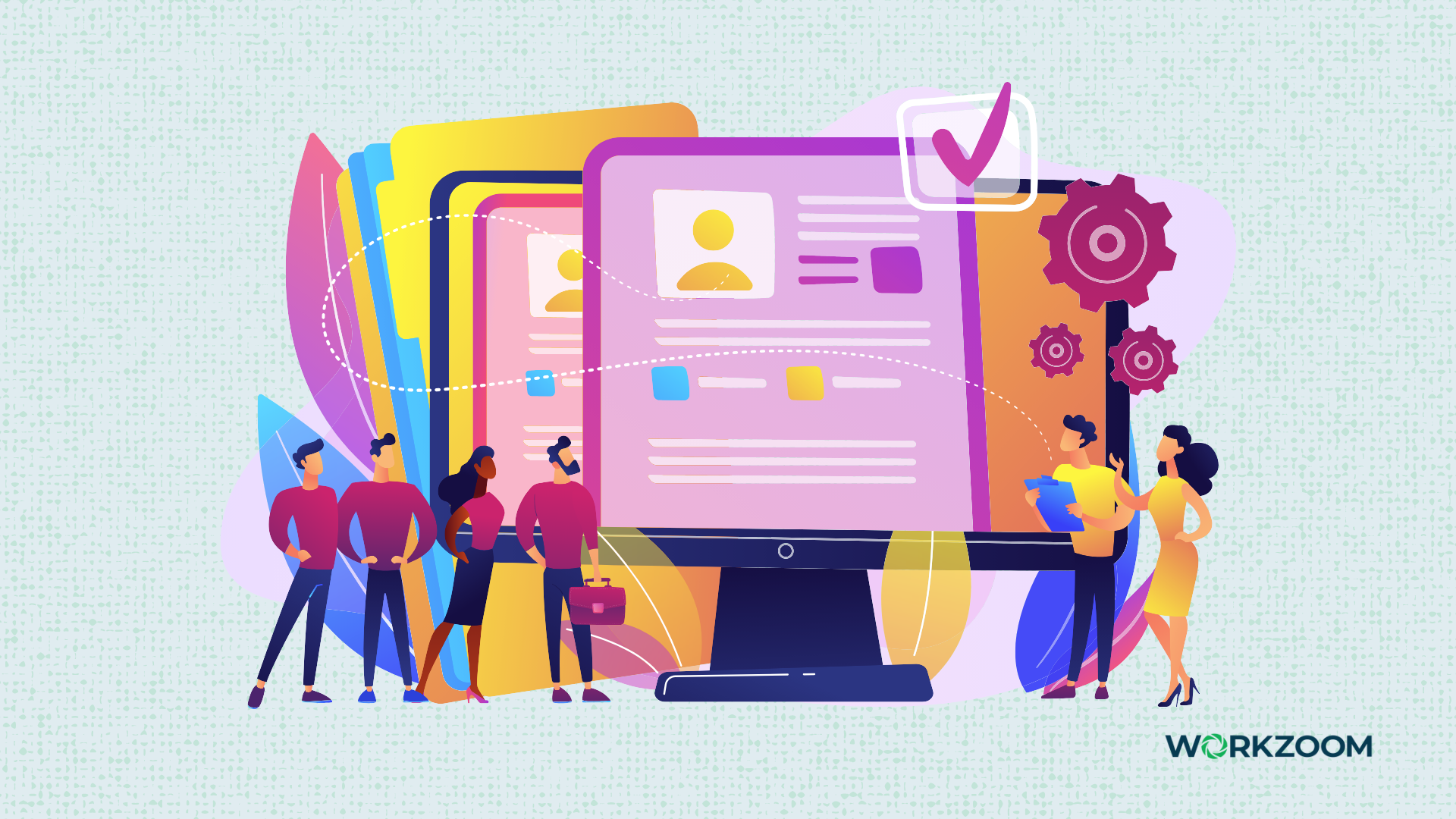HR software has evolved far beyond simple record-keeping; today, it's a crucial driver of business success. As we move into the tail-end of 2024, let’s explore three significant trends that are set to transform the way you manage your workforce. These insights will help you understand how to leverage these developments for your organization’s benefit.
1. All-in-One Integrated Solutions
The shift towards comprehensive, integrated HR solutions is revolutionizing business operations. Imagine a system where timekeeping seamlessly interacts with talent management, helping you ensure that your team members are punctual and productive.
Seamless Onboarding and Payroll Integration
Integrating onboarding with your payroll system streamlines the collection of essential information through e-documents. This integration simplifies the entire hiring process, from initial setup to first paycheck, ensuring a smooth transition for new hires.
Strategic Talent Management with Timed Reviews
Implement timed reviews—at 75 or 90 days—to evaluate if new hires align with your organizational goals. This process provides critical feedback at strategic intervals, aiding in effective talent management and retention decisions.
Benefits Activation Based on Tenure
Customize your HR software to automatically activate employee benefits after a certain period of employment, aligning with your company’s policies. This ensures timely benefit provision and enhances employee satisfaction and compliance with organizational standards.
These integrated solutions enable your HR systems to function more cohesively, supporting strategic management and boosting business efficiency.
2. Enhanced Remote Work Tools
With the rise of remote and hybrid work environments, HR software has rapidly adapted. Today's tools are designed to support virtual onboarding, manage remote employee performance, and maintain team cohesion regardless of location.
Virtual Onboarding
Virtual onboarding tools provide a seamless start for new hires, enabling them to complete forms, participate in training, and view welcome videos from anywhere. This integration helps remote employees feel immediately connected to your company culture.
Effective Remote Work Management
Remote work tools help you set clear objectives, provide ongoing feedback, and conduct performance reviews online. These functionalities ensure that remote team members are engaged, productive, and aligned with company goals.
3. Improving Employee Experience
Modern HR software enriches the employee experience, making work more rewarding and engaging. Personalization and wellness initiatives are key components in creating a supportive workplace.
Personalizing the Employee Journey
Adaptive HR software caters to individual preferences and needs, offering personalized learning opportunities and career development plans. This approach not only boosts employee morale but also supports their professional growth.
Comprehensive Wellness Programs
Incorporated wellness programs within HR systems monitor and promote both physical and mental well-being through activities like health assessments and challenges. These programs play a crucial role in maintaining a healthy, motivated workforce.
Conclusion
The landscape of HR software in 2024 is poised for exciting changes that promise to enhance how you manage your teams. By keeping up-to-date with these trends and integrating these advanced tools, your organization can improve operational efficiency and create a more supportive, productive workplace. As we look forward, the strategic application of HR software will be instrumental in achieving sustained business success.

